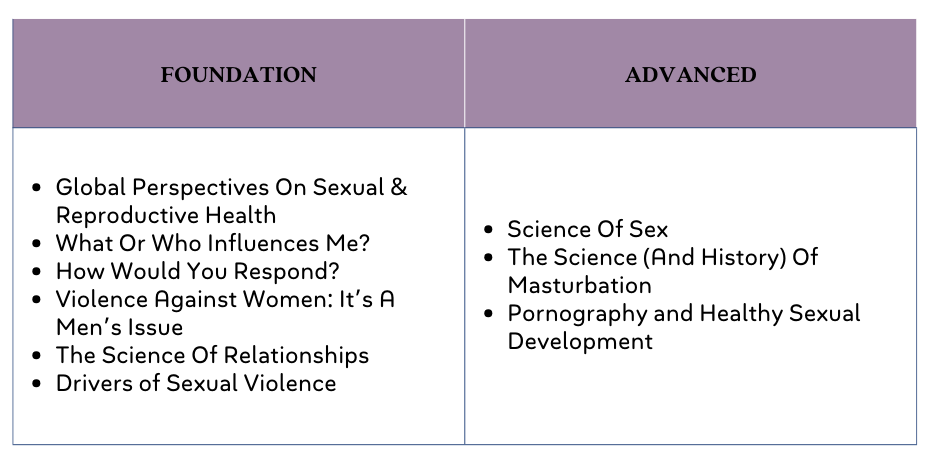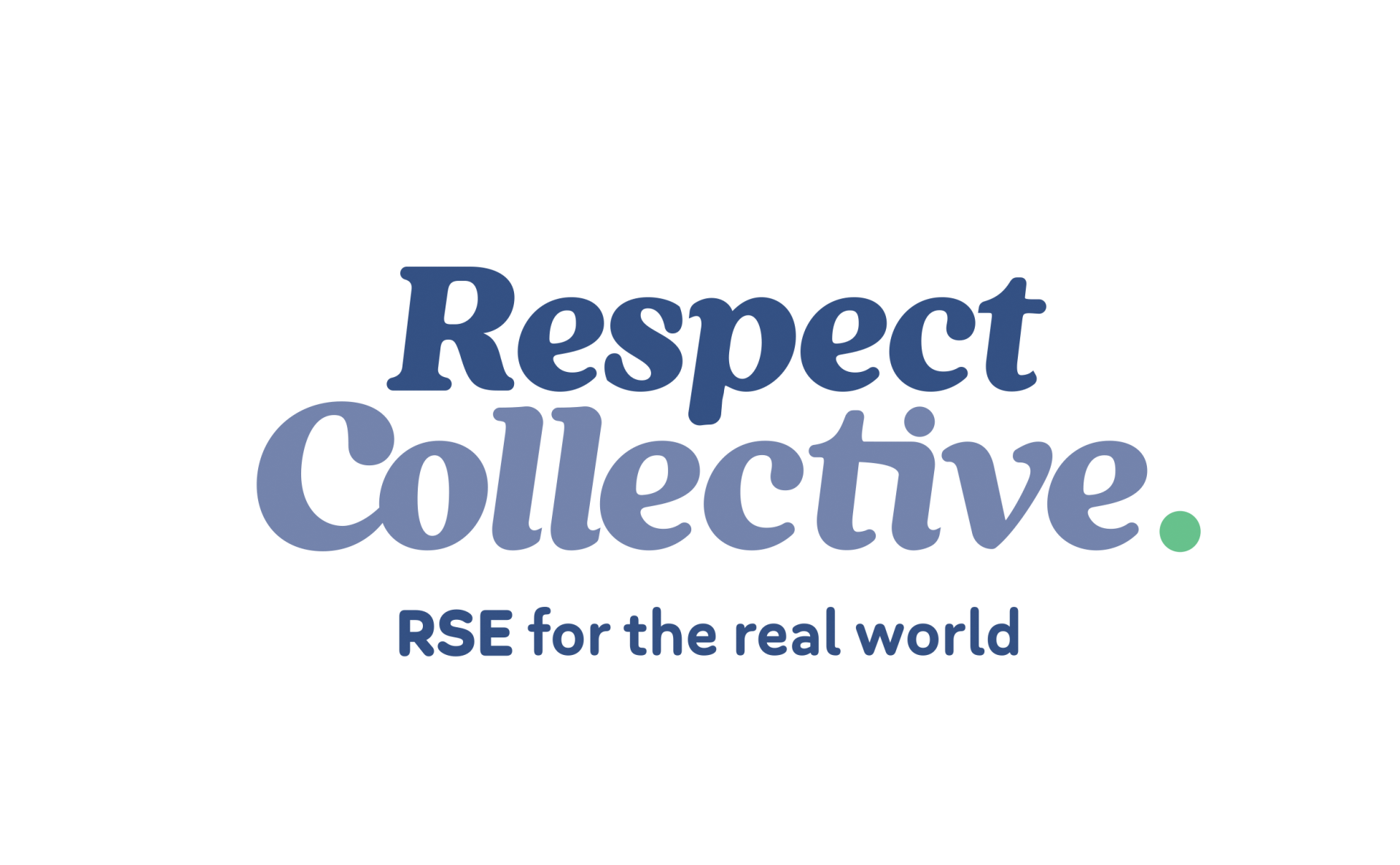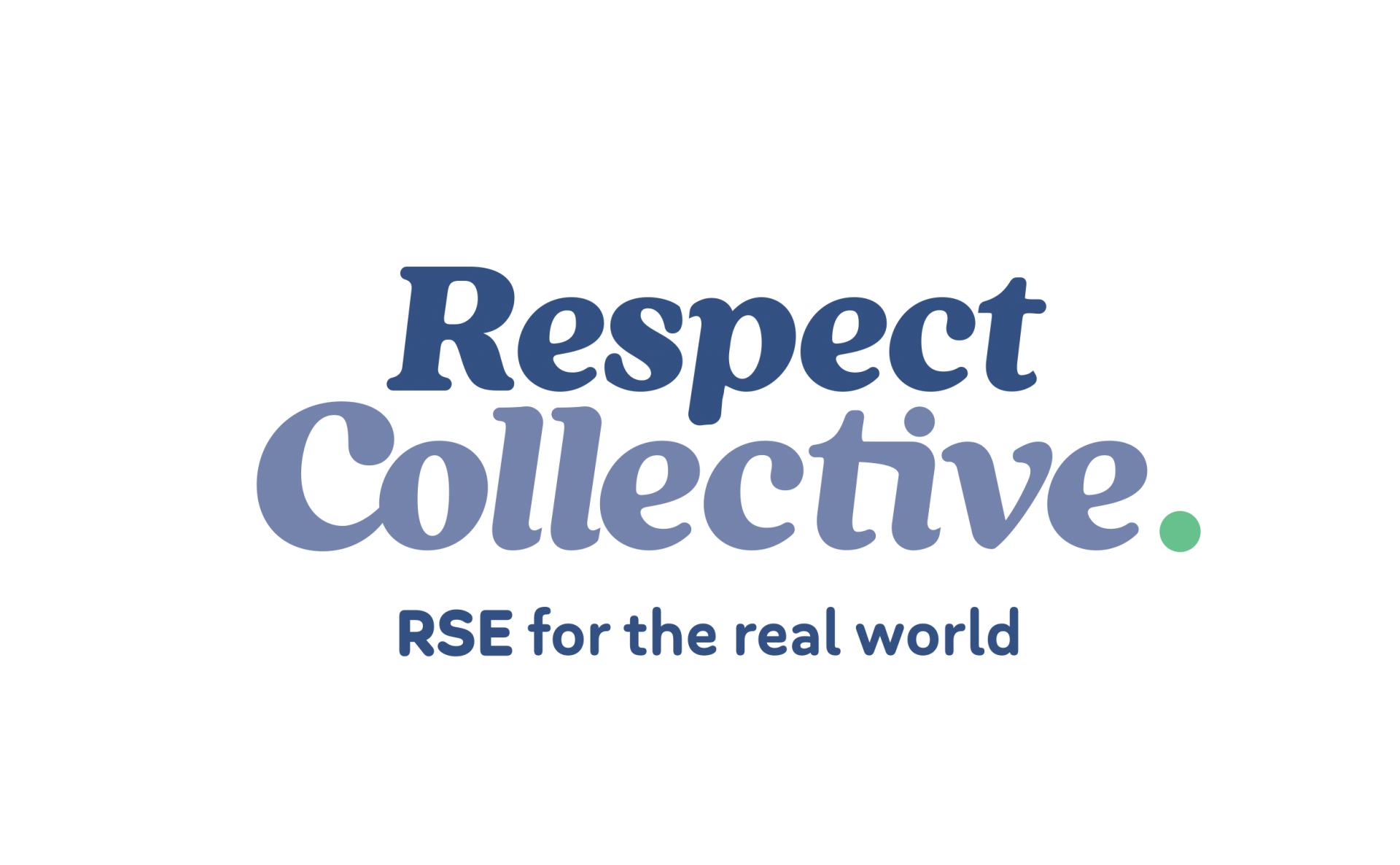In this How Would You Respond? lesson, students will
develop skills in relation to the concepts of help seeking and peer support.
Using real world scenarios on a wide range of issues relevant to young people, students will work in small groups to determine how best to support a peer including what referrals might be available in your local area. An in-depth discussion of these options provides a knowledge sharing opportunity.
Each lesson ends with a consolidation activity, inviting students to list 1
thing they have learnt from the lesson, 1 thing they already knew, 1 piece of
advice they would share with a friend, and 1 adult or organisation that would
be helpful in relation to the lesson topic.


